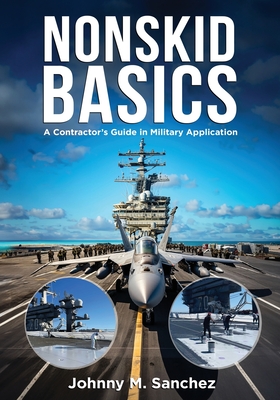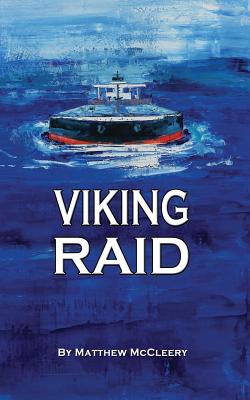
Nonskid coatings are normally applied on decks. The equipment used are walk-behind portable centrifugal blasters. Abrasive blasting is the operation of forcibly propelling a stream of abrasive material against a surface. The objective is to make a roughened surface for the anticorrosive barrier coat (primer) to adhere to the surface being coated; a process known as "mechanical adhesion". This roughened surface can be identified as an "anchor tooth" or "profile" rendering a peak-to-valley surface.
Features covered in the book include:
- The use of nonskid coatings in military application.Understanding surface prep requirements for nonskid systems.Blast media selection for non-skid systems on naval ships, comprised of different alloys.Anti corrosion epoxy primers and compounds used in nonskid systems.Nonskid system types and compositions and their use for different locations on naval vessels.
This book is comprised of 30 years of lessons learned on nonskid systems applied on naval ships and is structured to save contractors time and money. It gives the contractor or naval agencies around the world a cost-effective way to apply nonskid systems and includes different classes and sizes of naval ship decks. This will aid contractors in quoting work for the navy.







